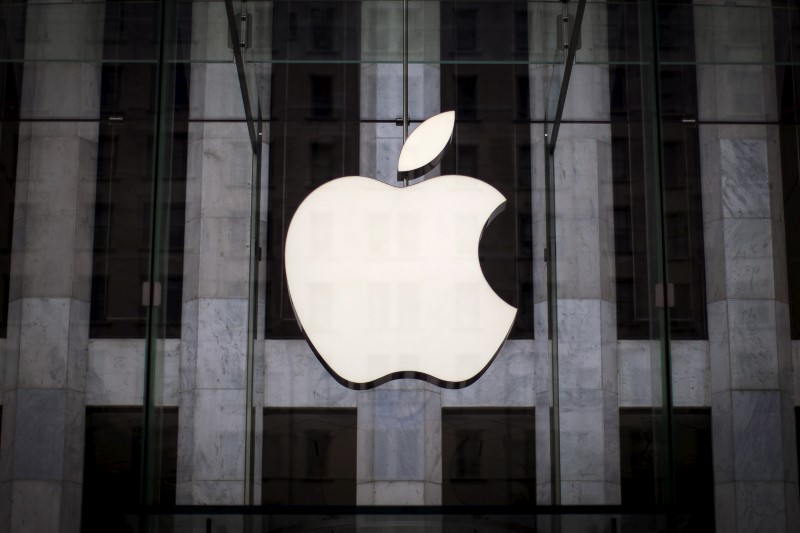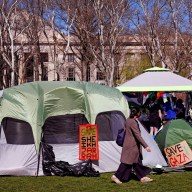By Stephen Nellis
(Reuters) – A bipartisan group of lawmakers in the U.S. House of Representatives on Friday sent a letter to FBI Director Christopher Wray questioning the law enforcement agency’s decision to take Apple Inc to court to force the company to help unlock a mass shooter’s iPhone.
Last month, a report from the Justice Department’s internal watchdog found that the FBI didn’t exhaust all its options to unlock San Bernardino shooter Syed Farook’s iPhone before attempting to force Apple to help do so. The FBI didn’t consult its own internal experts or outside vendors before going to court, and the poor coordination resulted in the FBI withdrawing its legal efforts when an outside vendor eventually accessed the device.
A group of 10 representatives evenly split between Republicans and Democrats said the report raised concerns that the FBI officials didn’t exhaust the agency’s technical options “precisely because they wanted the suit against Apple to go forward.”
The report “undermines the statements that the FBI made during the San Bernardino litigation and consistently since then, that only the device manufacturer could provide a solution,” the lawmakers wrote.
The lawmakers also said that recent media reports that cyber security vendors such as Cellebrite and GrayShift are routinely able to unlock iPhones “raises even more concerns that the FBI has not been forthcoming about the extent of the ‘Going Dark’ problem.”
“Going Dark” refers to law enforcement officials’ inability to read data on encrypted devices and services such as Apple’s iPhones or messaging services like Signal. The FBI says it has some 7,800 devices inaccessible due to encryption, and Wray has called unbreakable encryption an “urgent public safety issue.”
Technology companies and many digital security experts have said that the FBI’s attempts to require that devices allow investigators a way to access a criminal suspect’s cellphone would harm internet security and empower malicious hackers. U.S. lawmakers, meanwhile, have expressed little interest in pursuing legislation to require companies to create products whose contents are accessible to authorities who obtain a warrant.
In their letter to Wray, lawmakers asked whether the FBI has consulted third-party vendors to crack iPhones and, if not, explain why those methods won’t work for the agency. The lawmakers also want to know how many of the FBI’s locked phones might also have data that could be obtained from a cloud-based Internet service, which is typically straightforward for law enforcement officials to obtain with a valid legal order.
(Reporting by Stephen Nellis; Editing by Andrea Ricci)
















